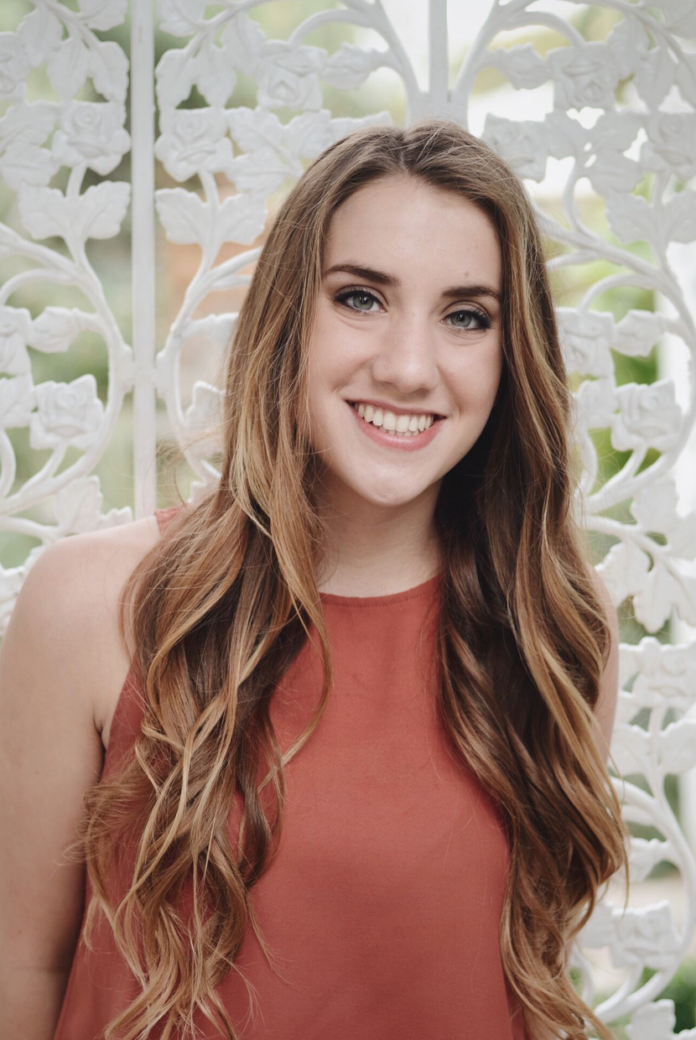By Claire Crites | Guest Contributor
2018: What some are claiming to be the year of the woman. Due to the rise of women running for public office in the 2018 midterms, women are making headlines.
To be proportional with the U.S. population, women should constitute 50 percent of Congress. Yet, right now, women make up less than 20 percent of a Congress that is supposed to represent the entire country.
With the Women’s March, the ground breaking #MeToo movement and the uptick of women running for office, it may seem as if something is in the air. Women – and especially a more diverse group of women – are refusing to tolerate their voices not being heard on both sides of the aisle. Both Democrats and Republicans have combined nominated a record-breaking 185 women to run for the House of Representatives in the November midterms. Just look to MJ Hegar who is running as a Democratic candidate for Texas Congressional District 31. Besides being a congressional candidate, author, Air Force veteran and mother, she was also part of suing the Pentagon for excluding women from certain combat roles — and she won.
Some reading this may think, “Why should I care? If women want to run for office, then they should. What’s stopping them?” However, the obstacles women face in daily life are amplified in political campaigns. Women achieving high-level positions still struggle against the basic undermining of sexism that has become normalized in American culture.
Morgan Zegers, a Republican running for State Assembly in New York, has been called a “G.O.P. Stepford wife” and often had to delete vulgar comments on social media. Mya Whitaker, a Democrat running for city council in Oakland, Calif., stated that “being a black woman and existing, in some cases, is enough to piss people off,” as she was targeted with racial slurs and threats. While harassment is not unusual in political campaigns, when women run for office, the threats are gendered. Receiving rape threats, being told to “stay at home” and sexual harassment are horrifyingly commonplace for female candidates.
While I am in no way trying to discredit the immense progress that women have made in both public and private life, there is still much work to be done until women can be seen and treated with the basic respect and dignity that all candidates deserve in public life.
As for me, I hope one day women of all ethnicities running for office will not make national headlines for its oddity — it will be expected. I hope one day that having women make up half of Congress is a natural assumption rather than a struggle. I hope one day there will be no female leaders. There will just be leaders.
Claire Crites is a junior University Scholars major from Trabuco Canyon, Calif.






